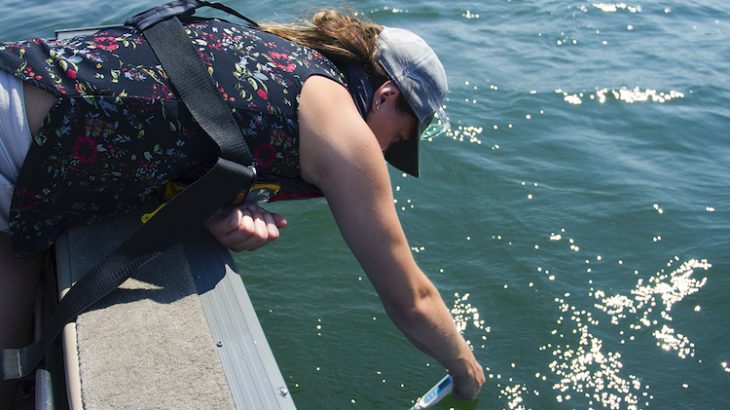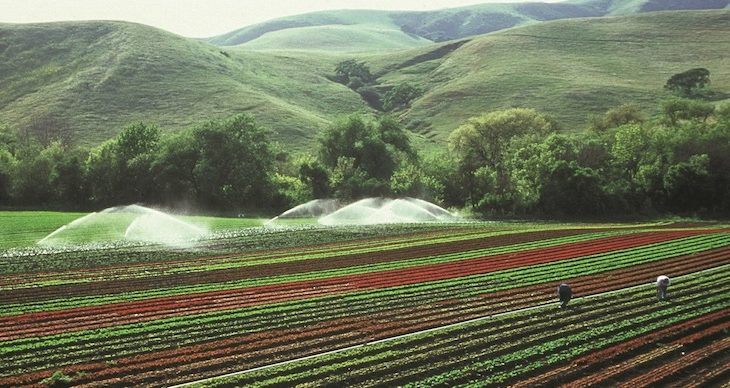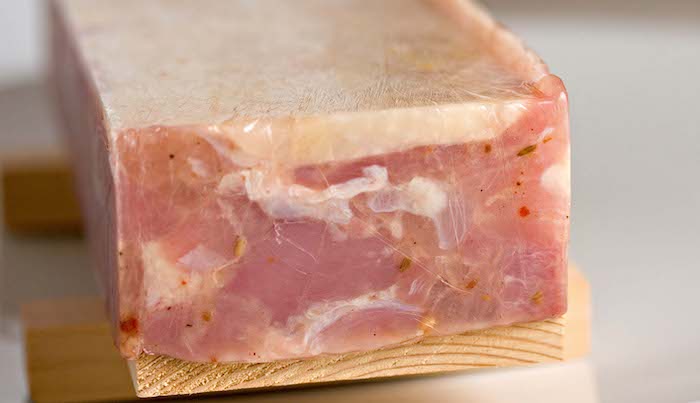
Kirsten Grant, General Science co-editor With millions of lakes in Canada, monitoring water quality is no small feat. Canada’s vastness means it’s impossible to collect data everywhere. The situation is made ever more difficult by a lack of funding for long-term environmental monitoring. But Water Rangers Executive Director Kat Kavanagh says citizens can play a […]







